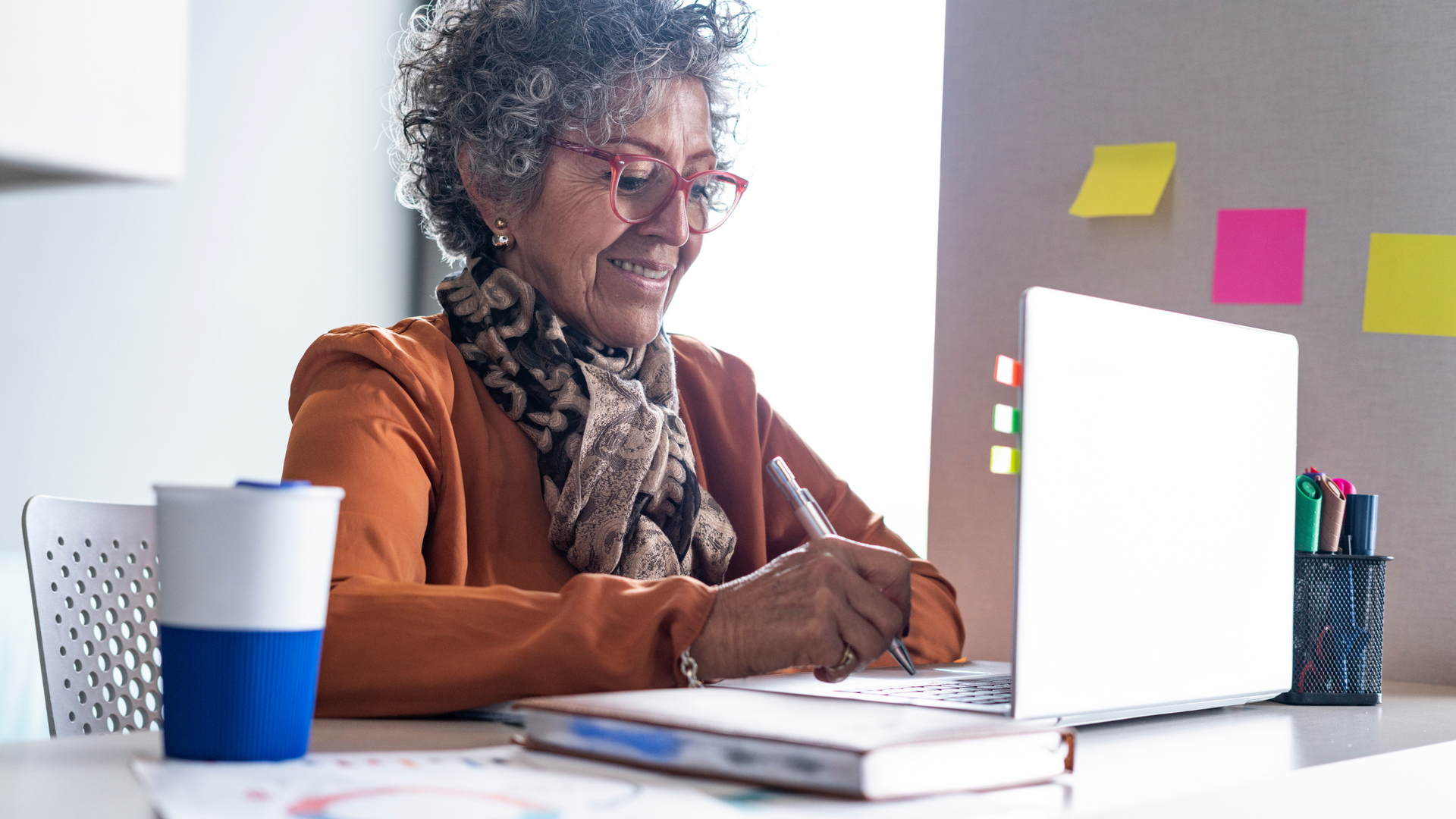Why Living Young Is a Choice, Not a Privilege
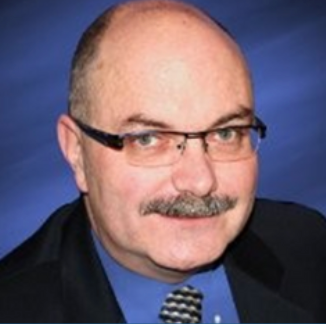
About the Author
Ron B is a globally recognized expert in personal and professional development, holding multiple advanced certifications, including:
- Master Practitioner of NLP (MNLP): Expert in Neuro-Linguistic Programming, helping individuals rewire their thought patterns for success.
- Master NLP Coach (Executive & Life): Skilled in coaching executives and individuals to reach their full potential.
- Master Practitioner of Timeline Therapy™ (MTLT): Specializing in releasing negative emotions and limiting beliefs to foster a more empowered future.
- Board Designated Hypnosis Trainer (TCHt): Authority in utilizing hypnosis for transformation and behavioral change.
- Certified Value Builder: Proficient in enhancing business value and driving entrepreneurial success.
- International Tax Specialist: Knowledgeable in global tax strategies and financial planning.
With a deep passion for guiding people towards greater health and wealth, Ron B has dedicated their career to being a catalyst for change. They advocate for a shift from our current reactive sick care system to one of proactive care, empowering individuals to take charge of their well-being and financial future.
Through this blog, Ron B aims to share insights, strategies, and inspiration, helping entrepreneurs lead energized and lengthy lives that are fulfilling.
Let’s set the record straight.
Living young isn’t for the lucky.
It’s not reserved for celebrities, biohackers, or those sipping algae tonics on private beaches.
Living young is a choice.
A bold, daily, sometimes defiant act of rebellion against the aging narrative we’ve been sold.
It’s not about resisting age.
It’s about redefining what aging even means—on your terms.
The Myth of Privileged Youth
Somewhere along the timeline, youthfulness got gentrified. It became something “others” had
—if they had the money, genes, time, or status to maintain it.
Society turned aging into a tragedy, a slow erosion of relevance.
“Age gracefully” became the polite euphemism for shrinking.
“Act your age” became code for dimming your light.
You’ve been lied to is the disruptive truth bomb. There is no VIP section for youthfulness.
There is no velvet rope blocking you from vibrancy.
Youth isn’t a phase. It’s a frequency—and you decide whether to tune in.
A respected colleague, Jenn Drakes says “You don’t age into irrelevance—you disengage into it.”
Youthfulness Is a Mindset, Not a Mirror
You can Botox your forehead, green-juice your breakfast, and still feel dead inside.
Or…
You can wake up, choose joy, curiosity, challenge, play—and radiate a magnetic kind of energy
that no injection could ever recreate.
Science now backs what many ancient traditions taught:
- Your biological age can be radically different from your chronological age.
- Epigenetics shows that lifestyle—what you eat, how you move, what you think
—can switch genes on or off. - Neuroplasticity proves your brain isn’t a fixed structure—it evolves, adapts,
and regenerates through use. - Telomere research suggests that stress, loneliness, and lack of purpose age you faster
than your birth certificate.
In other words: You’re not getting old. You’re just under-choosing.
Aging Is Inevitable. How You Age Is a Decision.
Here’s the paradox:
- Everything about our bodies change.
- Yet our power to choose remains constant.
- You don’t have to do what your parents did.
- You don’t have to accept that aging means decline.
- You can age disruptively.
- You can live rebelliously young.
And guess what? You can:
- Start a new business at 60
- Run a marathon at 70
- Learn to salsa dance at 80
- Fall in love (again or for the first time) at 90
The real fountain of youth? It’s not in a product. It’s in your perception.
Excuses Age You Faster Than Time Does
Let’s be real:
It’s not your age that’s holding you back.
It’s the belief that age should hold you back.
Every time you say:
- “I’m too old for that.”
- “It’s too late to start over.”
- “That’s a young person’s game.”
You’re not speaking fact—you’re casting a spell. And your life responds accordingly.
So, let’s cancel the pity party.
And throw a
possibility parade
instead.
It’s Not About Having More. It’s About Choosing More.
You don’t need a retreat in Bali, a Tesla, or a decade of perfect labs to feel alive.
You need permission—from yourself to:
- Choose vitality over victimhood
- Choose engagement over excuses
- Choose you—now, not someday
Living young is a practice. Not perfection. And it starts with one question:
What would your younger self dare to do today?
What the Blue Zones Know
Want evidence? Look to the Blue Zones—regions where people regularly live past 100 with
strength, spirit, and spark:
- They move naturally and often (not obsessively).
- They eat mindfully (mostly plant-based, and joyfully).
- They live with purpose (a reason to wake up each day).
- They stay socially connected (isolation kills faster than illness).
Notably: they don’t chase youth.
They stay engaged with life.
That’s the secret.
This Is the Longevity Train™ Way
We don’t age passively. We age powerfully.
We don’t wait to be chosen. We
choose ourselves.
We believe:
- Age is just a number.
- Living young is a daily decision.
- Vitality is cultivated, not gifted.
- And reinvention? That’s your birthright.
You have everything you need—right now—to get on this train.
Final Thought
You’re not behind. You’re just becoming.
- So shake off the script.
- Reclaim the pen.
- And write a life story so vibrant it demands to be read out loud.
Ready to Live Young on Purpose?
Join the Longevity Train™
Explore vitality coaching, personalized health mapping, and a community redefining what aging can look and feel like.
Because youthfulness isn’t a privilege.
It’s your power to claim.
APA Reference List
Langer, E. J. (2009). Counterclockwise: Mindful health and the power of possibility. Ballantine Books.
Levitin, D. J. (2020). Successful aging: A neuroscientist explores the power and potential of our lives. Dutton.
National Institute on Aging. (2020). Cognitive health and older adults. https://www.nia.nih.gov/health/cognitive-health-and-older-adults
Rowe, J. W., & Kahn, R. L. (1997). Successful aging. The Gerontologist, 37(4), 433–440. https://doi.org/10.1093/geront/37.4.433
Seeman, T. E., & Crimmins, E. (2001). Social environment effects on health and aging: Integrating epidemiologic and demographic approaches and perspectives. Annals of the New York Academy of Sciences, 954, 88–117. https://doi.org/10.1111/j.1749-6632.2001.tb02749.x
Carstensen, L. L. (1992). Social and emotional patterns in adulthood: Support for socioemotional selectivity theory. Psychology and Aging, 7(3), 331–338. https://doi.org/10.1037/0882-7974.7.3.331
Get your FREE Guide to Graceful Aging - 6 Tips To Avoid Red Face Moments, by clicking on the button below.
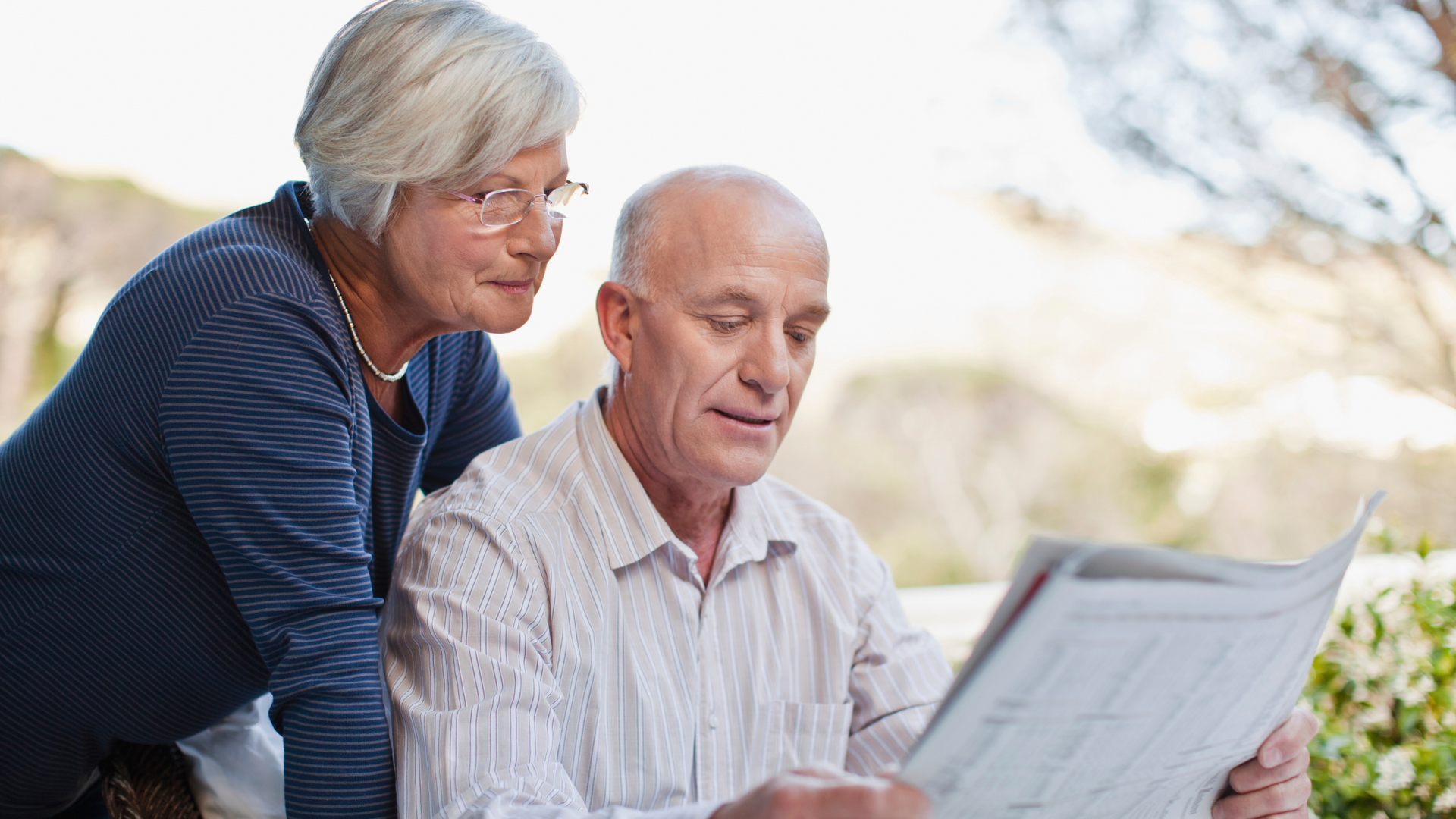

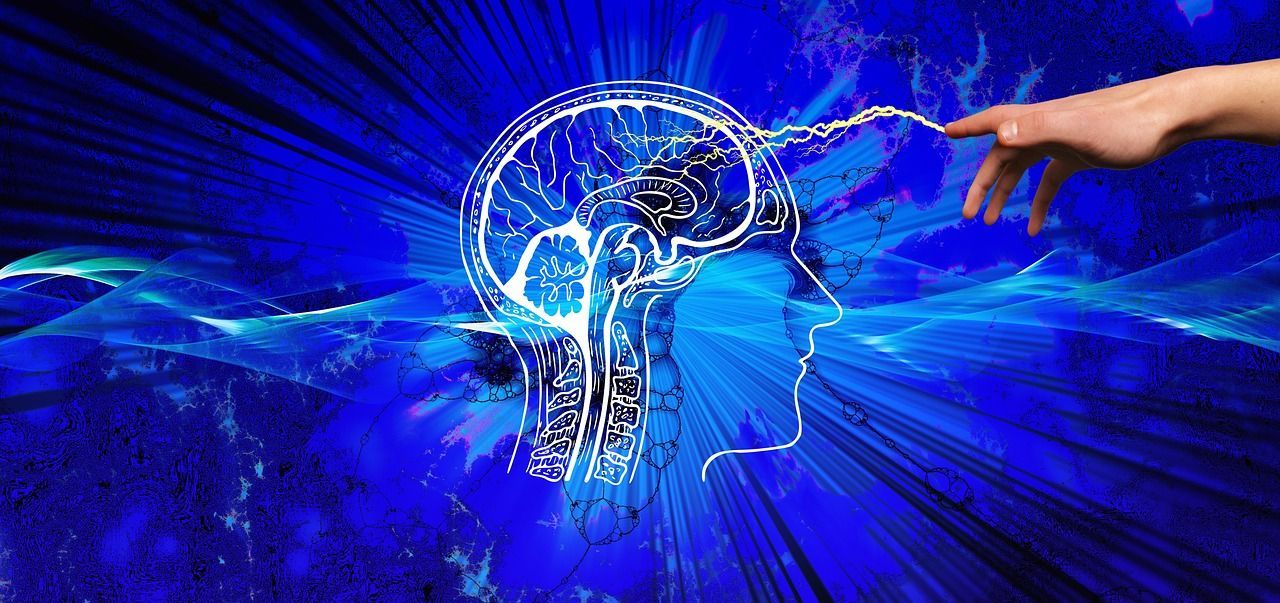


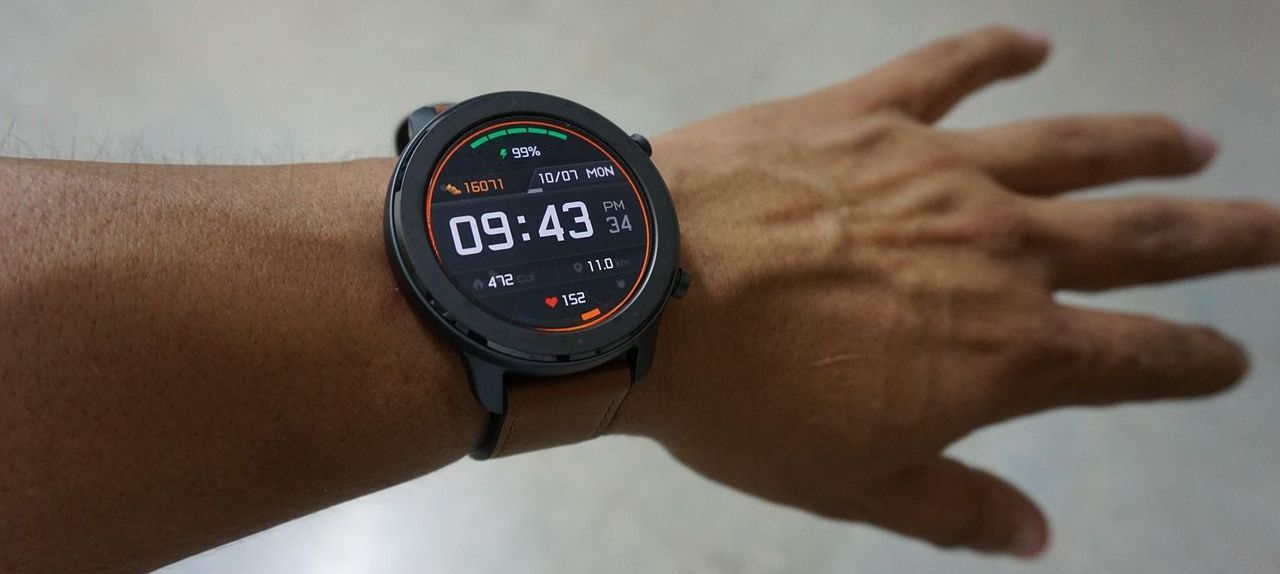
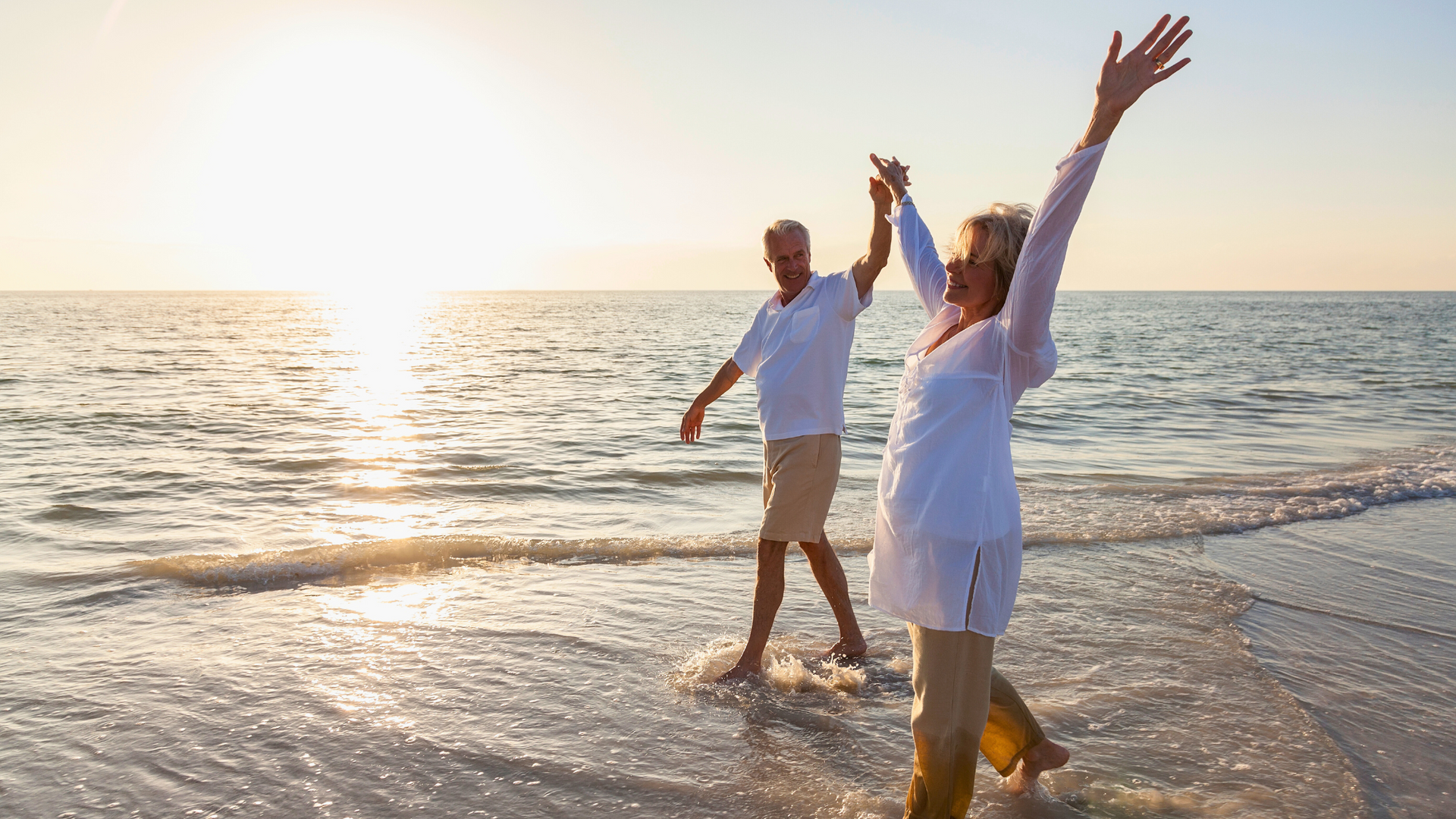
Energized Aging For Entrepreneurs




